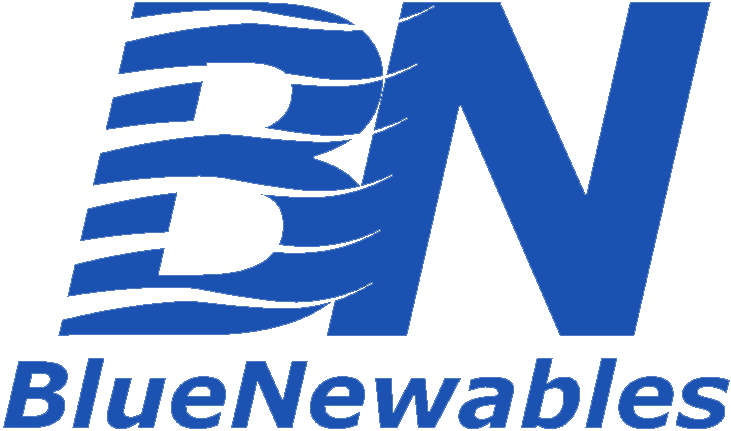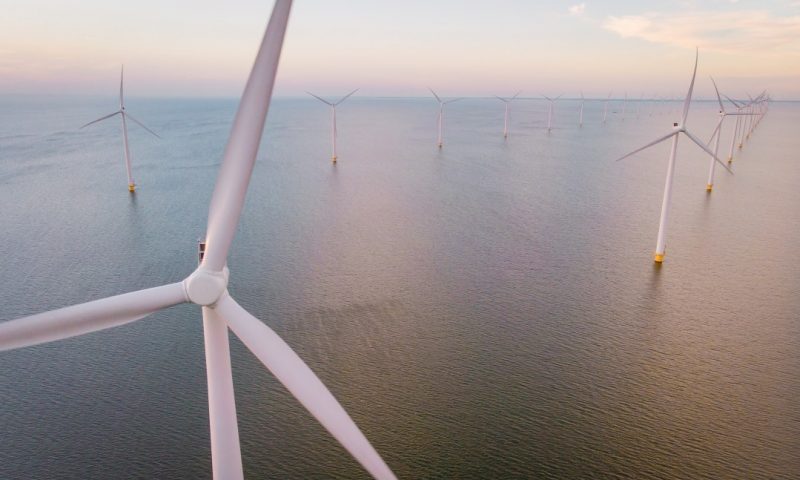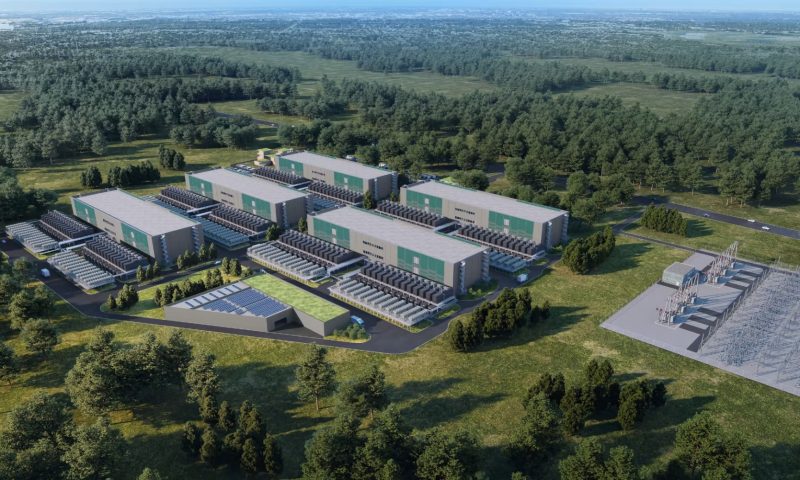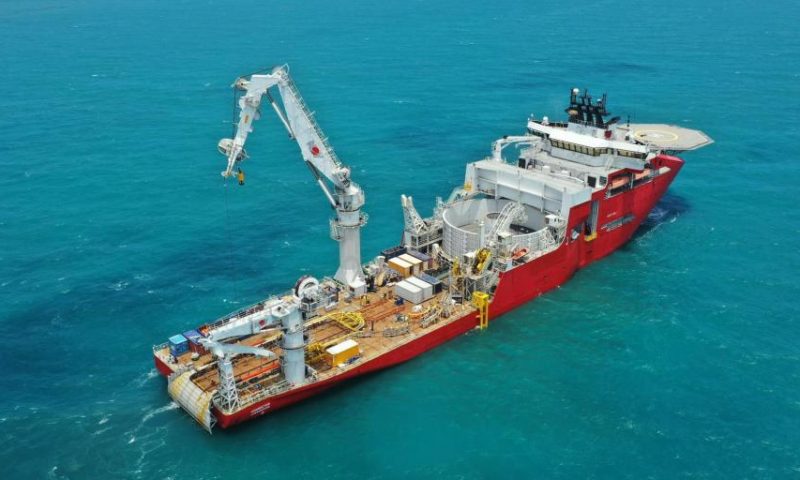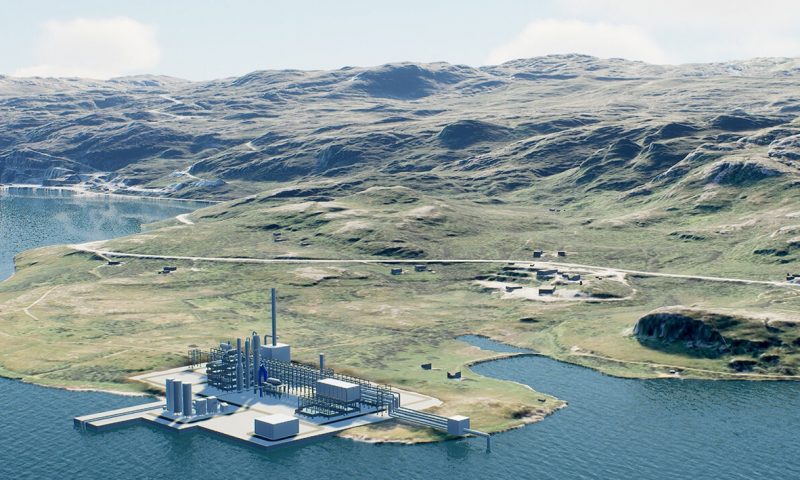
Nexans Bags Major Submarine Cables Contract in Brazil
Nexans wins further contract to bring high-speed connectivity to Brazil’s amazon region as global order backlog for submarine cables reaches record levels
Nexans Submarine Telecom and Special Cables (STSC) business continues to develop its customer relationship with the Programa Amazônia Conectada (PAC) to bring high-speed data connectivity to a remote and environmentally sensitive region of Brazil. The project involves laying fiber-optic cables on the riverbeds of the Amazon Basin.
The Amazônia Conectada project is a strategic initiative developed by the Brazilian Army, with the support of the country’s Ministries of Defense, Health, Education and Communication. The overall plan is to install approximately 6,000 km of sub-fluvial fiber-optic cables in rivers of the Amazonas region to provide efficient and reliable internet connection. This will bring connectivity to more than 50 cities and 4.5 million people, providing opportunities for improving public health, education and supporting sustainable development.
Nexans has been involved from the start of the Amazônia Conectada project in 2015. It has supplied un-repeatered submarine fiber optic cables (URC-1) with 100 GB/sec data transmission capacity for the four phases completed to date. When delivered in 2021, the latest order will take the total length of cable supplied to 1,790 km, providing a perfect example of Nexans’s commitment to leading the charge for a brighter future that is more connected, accessible, safe and sustainable.
Because the project is taking place in the environmentally sensitive rainforest area, environmental factors are of critical importance. This is why the cables are being laid on the riverbeds rather than being installed on aerial towers that would need trees to be felled. The Nexans cables are designed to provide the latest communications technology with no need for maintenance. Crucially, tests carried out by the Brazilian authorities prior to approval confirmed that the URC-1 cables would not emit a single particle of pollutant into the river.
General Decílio de Medeiros, Deputy Chief of the Science and Technology Department of the Brazilian Army, said: “This flagship project is bringing digital inclusivity that will benefit the less favored populations of the Amazon region and those who live far from urban centers. It is very demanding technically and we welcome the support of Nexans in delivering advanced and highly-reliable fiber-optic cables. We were particularly impressed that Nexans ensured smooth delivery throughout the Covid-19 pandemic, overcoming travel and sanitary restrictions through innovative procedures such as virtual testing, online training and live video transmission.”


